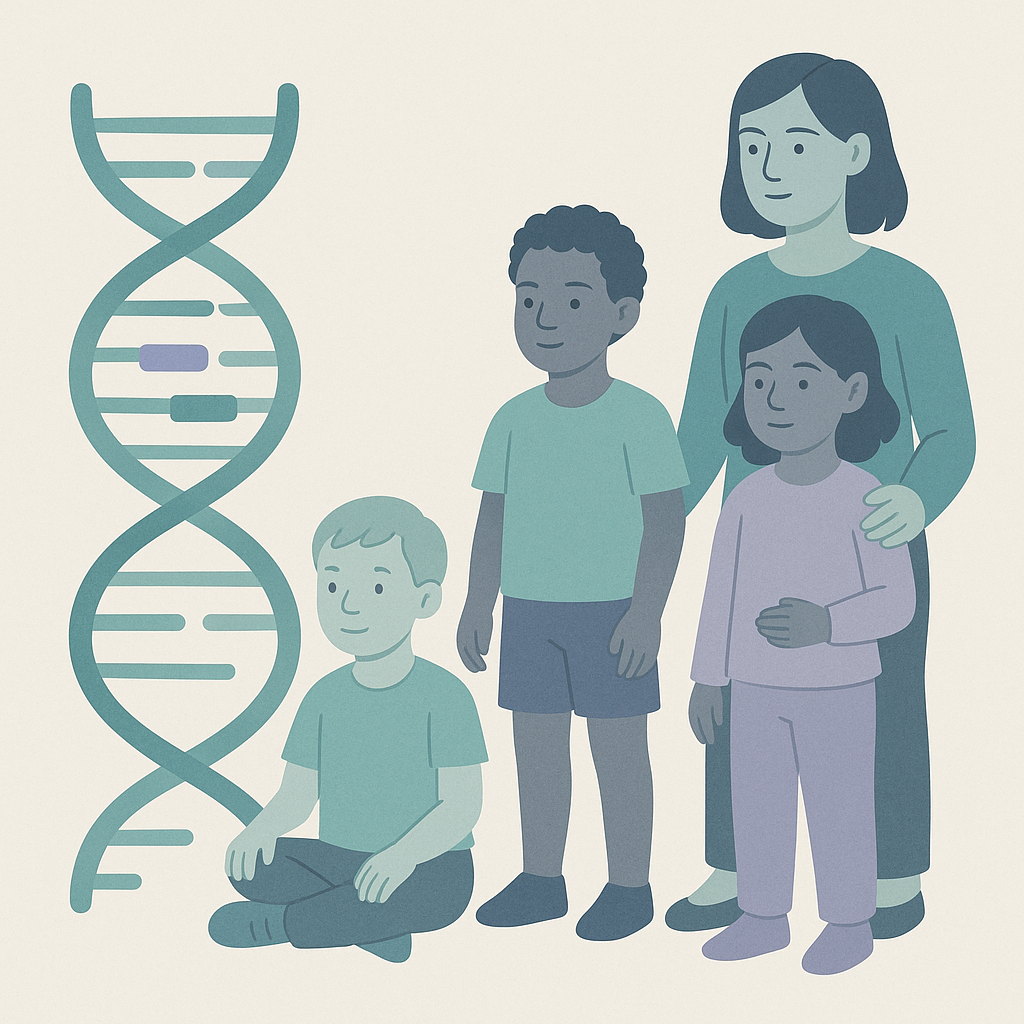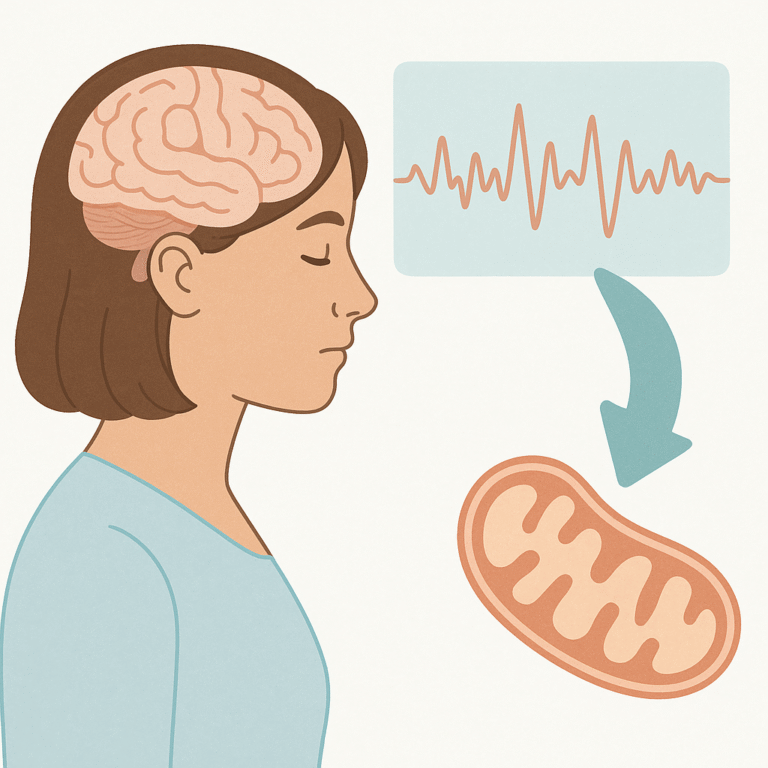KCNQ2 Gene Variants Impact Development in Epileptic Children
Source: Epilepsia open
Summary
This study focused on understanding how changes in the KCNQ2 gene, which affects a specific potassium channel in the brain, relate to the developmental and seizure characteristics in children with KCNQ2 developmental and epileptic encephalopathy (DEE). Researchers gathered information from 48 individuals with KCNQ2-DEE through parent-reported surveys and laboratory tests to analyze the effects of different gene variants on both seizures and overall development.
The key findings showed that children with variants causing a severe loss of function in the potassium channel tended to have slightly worse developmental outcomes compared to those with less severe variants. However, there was no strong link between the type of gene variant and specific developmental issues. Interestingly, children with certain variants had fewer instances of a specific type of seizure called epileptic spasms, suggesting that not all gene changes lead to the same effects.
These findings are important because they highlight that while the KCNQ2 gene and its function do play a role in how children with this condition develop, other factors may also significantly influence their overall health and abilities. The study has some limitations, such as the small number of participants and the reliance on parent-reported data, which may not capture the full picture of each child's experience.
Free: Seizure First Aid Quick Guide (PDF)
Plus one plain-language weekly digest of new epilepsy research.
Unsubscribe anytime. No medical advice.





